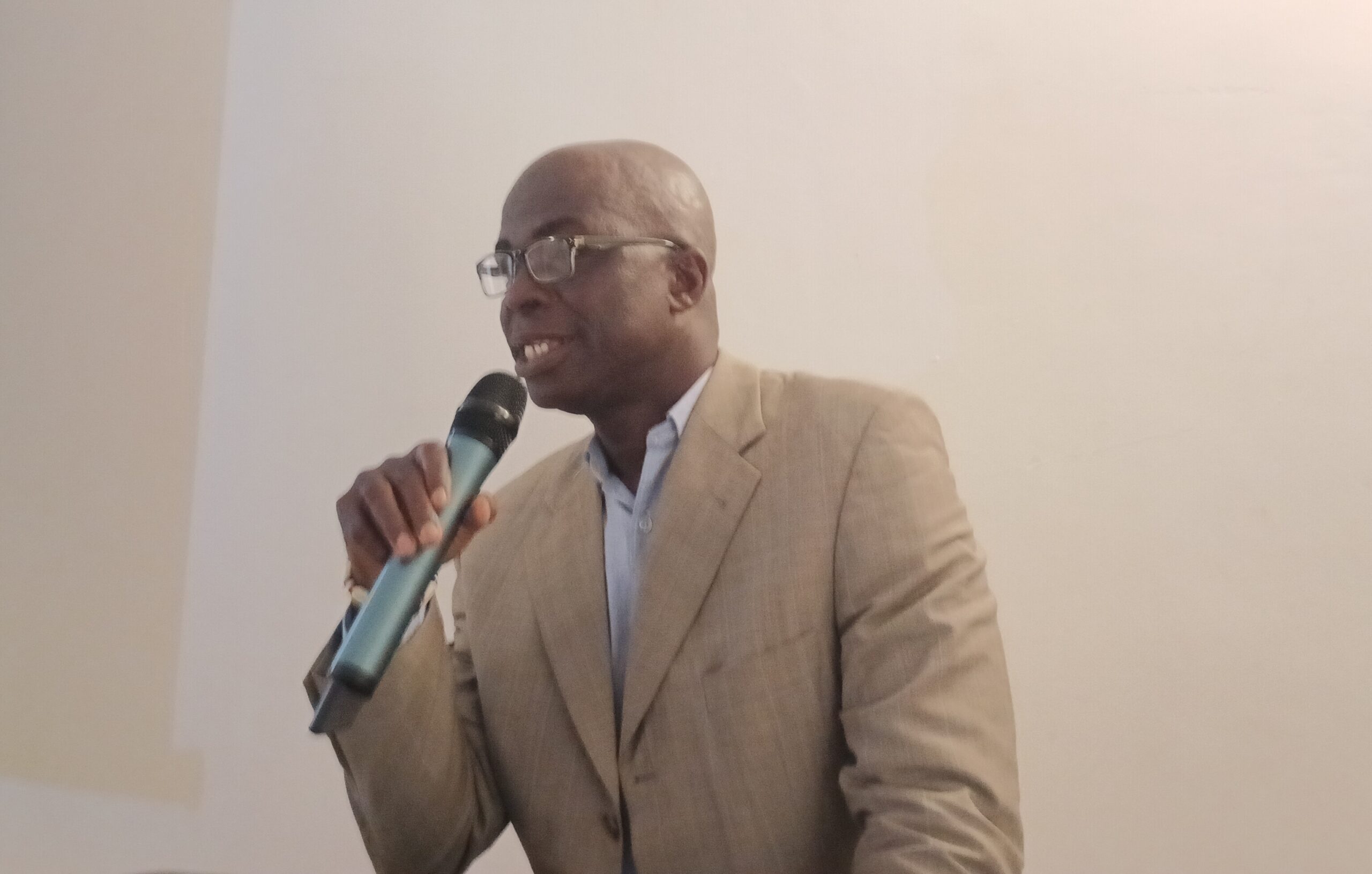By Joseph O. Sayon|Environmental Contributor
It appears quite conclusive that the long awaited physical boundary demarcation exercise which would clearly set apart the Sapo National Park, especially the 1986 extension from areas owned by the communities will soon come to pass as the process is about to begin in January.
The surrounding communities have affirmed their preparedness to participate in the process so as to set the record straight according to the reading of the map during a two-week exhaustive meeting with the community dwellers from December 8-23, 2019.
The exercise follows a three-week awareness raising held in March of this year by a team from the Forestry Development Authority (FDA). The exercise is being supported by the World Bank under the Liberia Forest Sector Project (LFSP) which largely focuses on supporting Liberia’s conservation dream. Traditionally, one of FDA key considerations is to ensure a sustainable management of the Liberian forest under the 3cs formula-conservation, community and commercial forestry.
Formally established by an Act of the National Legislature on May 19, 1983, the government of Liberia deemed it prudent to extend the park judging from its biodiversity content and its ecosystem potential that could benefit current and future generations. Hence, on October 10, 2003 the extension was effected something which has and continues to be greeted unkindly by most, if not all of the surrounding communities.
Most inhabitants fear that when the park eventually falls under government’s control and supervision, they will be losing grip on traditional inheritance.
They said since the creation of the park the government has done little or nothing to enhance development in the areas. But as one of government’s heart beats given what it naturally hosts as far as biodiversity is concerned, a rescue measure and policy have and continue to be pursued by the government through FDA to ensure that Sapo like all other parks remains protected from the clutches of illegal miners and poachers.
At one point the government was compelled to forcefully evict all those who were dwelling in the park while illegally siphoning gold, diamond as well as destroying the generation of wildlife species therein.
FDA remains persistent
Against this background, the government has persistently maintained that the policy of conservation which remains an internationally endorsed practice is the best way to go. Accordingly, FDA and partners continue to educate the citizens to accept such policy in the best interest of current and future generations.
The Protected Areas Manager, Mrs. Evangeline Swope Nyantee provided background information about the process and reiterated the overall importance of the need to keep the park in a protective custody as far as the global demand for conservation is concerned. The Manager for Awareness and Ecotourism Mrs. Comfort Tweh Sakui for her part provided the process and steps involved in the exercise. Both conservationists used these occasions to educate the citizens on the long time benefits to follow after the process shall have been completed.
In separate remarks at these meetings the county officials from Grand Gedeh, River Gee and Sinoe Counties respectively embraced the demarcation exercise and pledged their cooperation with the FDA and partners as they carry on such crucial task.
Superintendent Kai Farley of Grand Gedeh emphasized the relevance of the protection of the park and called on his citizens to cooperate with government while making reference to his recent trip to Namibia where he had gone to observe how conservation is being conducted by the people.
Meanwhile, a conglomeration of leading NGOs has concluded a three-day livelihood assessment workshop aimed at finding out the needs of the communities. AHT, SCNL and WCF aim to develop criteria for livelihood project and sustainability, define expectations of local community dwellers, among other things.
As pilot project, 21 communities out of the 70 communities are expected to be arranged under the scene as soon as the study is completed. Others are expected to follow suit once the pilot aspect has successfully gone through.






















